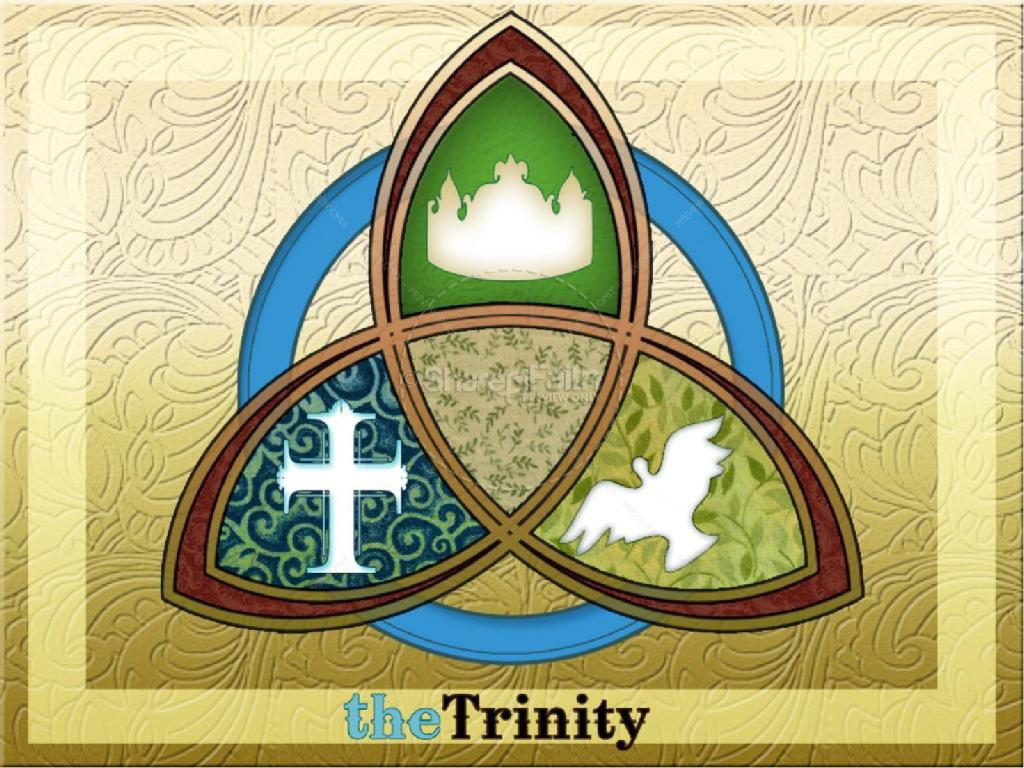Blog Search Results

17 results for creed
found
within the Blog
6 displayed out of 17 (0.03seconds)Page 1 of 3

creedal Christians: The Apostle's creed
Posted by Luke J. Wilson on 11th October 2018 in Early Church | creedal christians,creeds,creedal,apostles,apostolic creed,apostolic tradition,rule of faith,early church fathers,early church
The Apostle's creed — what is it and why is it called that?
Outside of the New Testament, this is one of the oldest creeds we have, dating back to the sixth – eighth century in its current form that is commonly known today, but having its origins much earlier — as far back as the second century in a shorter form known simply as the “Old Roman creed”.
The Apostles creed is also sometimes referred to as the “Rule of Faith” as it is a summary of the Gospel and is the basis for pretty much all modern theology. The points of the creed cover all the major pillars of the Christian faith which aims to safeguard what is true orthodoxy (right belief), whic...creedal Christians: The Nicene creed
Posted by Luke J. Wilson on 2nd June 2019 in Early Church | nicene creed,nicea council,creeds,creedal christians,creedal
The Nicene creed — what is it and why is it called that?
This creed gets its name from a time and place: the first ecumenical Church council held at Nicaea, which is now known as İznik in northwestern Turkey, in 325 AD.
Now that may raise another question for you: what is an ecumenical council? Well, to explain more about the Nicene creed, we are going to have to take a look at The First Council of Nicaea in order to better understand why this creed was written.
First things first though; an “ecumenical council” is ideally a Church-wide meeting where all the Bishops from all across the Church come together to hold a very large and very important meetin...
The Battle for the Trinity: Historical Heresies and Church Defences
Posted by Luke J. Wilson on 1st July 2024 in Trinity | trinity,heresy,heretics,theology,creeds
...ncils and creeds.
Common Historical Heresies
Arianism
What It Taught: Arius, a priest in the early 4th century, claimed that Jesus Christ was not of the same substance as the Father. He taught that the Son was a created being, distinct and subordinate to the Father.
Church’s Response: The Council of Nicaea in 325 AD condemned Arianism, affirming that the Son is “of the same substance” (homoousios) as the Father. This is reflected in the Nicene creed: “We believe in one Lord Jesus Christ, the only Son of God… of one Being with the Father.”
Patristic Quote: Athanasius, a staunch defender against Arianism, wrote, “For the Son of God became man...
creedal Christians: Introduction
Posted by Luke J. Wilson on 29th September 2018 in Early Church | creeds,creedal Christians,creedal,early church,church history
...I’m starting a new four part series over the coming weeks which will be looking at the different historical creeds of the Church which have been recited, used and handed down for two millennia, beginning with the very first formal creed: the Apostles creed. This series will be a mixture of historical background plus a commentary on the creed itself to see where each statement is based in Scripture, and why we can trust them to accurately portray the Faith.
What are creeds and why should we accept them?
The word “creed” comes from the Old English crēda, and from Latin crēdo meaning “I believe”. A creed is basically a set of beliefs which you profess...
Man-Made Tradition vs Apostolic Tradition
Posted by Luke J. Wilson on 28th February 2016 in Early Church | early church,early church fathers,tradition,creeds,nicene creed,apostolic creed,man made tradition,apostolic tradition
...tions and creeds go back much further than you might think – all the way back to a time of the Apostles.
Yes, Jesus had a go at all the Pharisees for making their traditions greater than Scripture (Matt 15:2-3; Mark 7:9) and in that case dismissing something as "man made" is valid.
But what about when it's something based on or inspired by Scripture, something that becomes almost 'living exegesis' rather than just head knowledge? I've been thinking of Lent lately, as that often is dismissed as "man made” or “Catholic tradition" without looking at the history or how the practice came to be.
Generally, no one has an issue with you saying that you're goin...Did the Early Church invent the Trinity?
Posted by Luke J. Wilson on 4th January 2022 in Trinity | early church,trinity,church fathers,theology,council of nicaea,nicea council
...ed in the creeds: it is about the very essence and nature of the God who we worship! If we get the very basics wrong, then everything that follows in our theology and beliefs will also be wrong.
Further Reading
Ante-Nicene Fathers, Vol II: THEOPHILUS: Chapter XV. — Of the Fourth Day. (sacred-texts.com)
Philip Schaff: ANF03. Latin Christianity: Its Founder, Tertullian — Christian Classics Ethereal Library (ccel.org), Against Praxeas, chapter 2
Philip Schaff: ANF03. Latin Christianity: Its Founder, Tertullian — Christian Classics Ethereal Library (ccel.org), Against Praxeas, chapter 3
Author info: Philip Schaff — Christian Clas...

